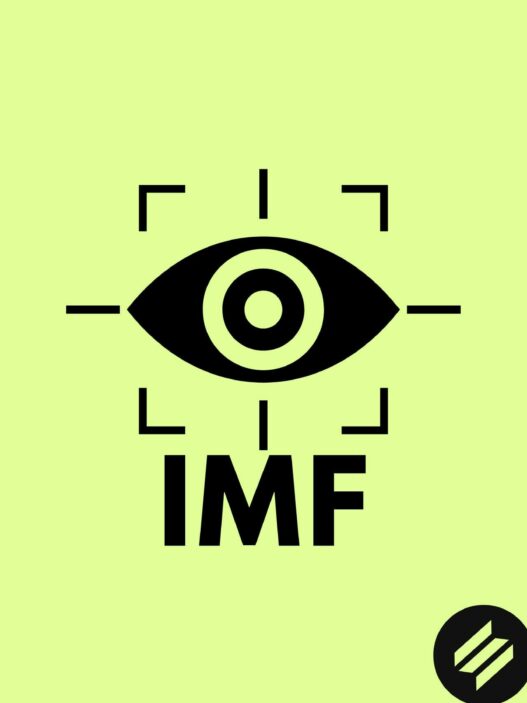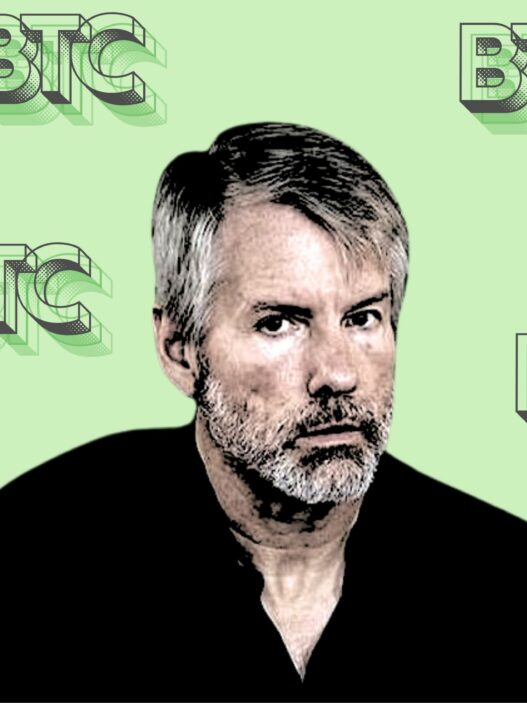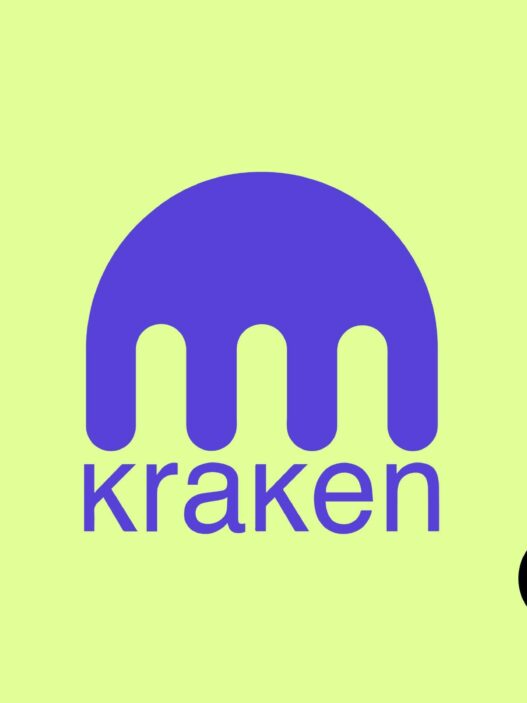In a twist that has captivated Silicon Valley, Washington, D.C., and beyond, Perplexity AI—a San Francisco-based artificial intelligence startup—has thrown its hat into the ring with an ambitious proposal to merge with TikTok’s U.S. operations. What began as a speculative bid in early 2025 has evolved into a detailed plan that could see the U.S. government owning up to 50% of the resulting entity after a future initial public offering (IPO). As TikTok faces an existential crisis in the United States, with a looming ban deadline tied to national security concerns, Perplexity’s offer has emerged as a potential lifeline—and a provocative experiment at the intersection of tech innovation and geopolitical strategy.
This is no ordinary corporate takeover. TikTok, the wildly popular short-form video app owned by China’s ByteDance, has been under fire from U.S. regulators for years, accused of posing risks to data privacy and national security. A 2024 law gave ByteDance until January 19, 2025, to divest TikTok’s U.S. operations or face a nationwide ban—a deadline that was briefly extended by President Donald Trump in early 2025. With time running out, Perplexity’s proposal offers a creative solution that could keep TikTok alive in the U.S. while addressing the government’s concerns. But can a relatively small AI startup pull off such a monumental deal? And what does this mean for the future of social media, AI, and U.S.-China relations?
Who Is Perplexity AI?
To understand this audacious bid, we first need to meet the player behind it. Perplexity AI, founded in 2022, is a rising star in the tech world, best known for its AI-powered search engine that aims to rival Google. Unlike traditional search engines that return a list of links, Perplexity uses advanced language models to deliver concise, conversational answers—a feature that has earned it a loyal following and significant investor attention. By late 2024, the company had raised nearly $1 billion in funding from heavyweights like Nvidia, SoftBank, and Jeff Bezos, pushing its valuation to an impressive $9 billion.
Perplexity’s ambitions don’t stop at search. In February 2025, the company unveiled plans for Comet, an AI-driven browser, signaling its intent to expand into new corners of the digital ecosystem. Now, with its sights set on TikTok, Perplexity is making a play for a much bigger stage: social media. At first glance, the pairing might seem odd—an AI search company merging with a video-sharing app—but there’s a logic to it. TikTok’s algorithm-driven content recommendations could benefit from Perplexity’s AI expertise, and the app’s growing use as a search tool among Gen Z aligns with Perplexity’s core mission.
Still, the scale of the challenge is staggering. TikTok’s U.S. operations are valued at $40 billion to $50 billion—far exceeding Perplexity’s $9 billion valuation. A deal of this magnitude would require a financial and strategic leap that few startups could manage. Yet, Perplexity’s backers have deep pockets, and the company’s rapid ascent suggests it’s not afraid to dream big.
The Proposal: A Creative Solution to a Political Problem
Perplexity’s initial bid, reported by The Verge in January 2025, proposed a merger that would combine Perplexity, TikTok’s U.S. operations, and new capital partners into a single entity. The idea was to preserve TikTok’s value while transferring control to a U.S.-based company, addressing lawmakers’ demands for American ownership. Most of ByteDance’s existing investors—many of whom are American—would retain their stakes, smoothing the transition and avoiding a fire sale.
But the plan has since evolved, as detailed in updates from Reuters and Euronews. The revised proposal, submitted in late January 2025, introduces a new holding company—tentatively called “NewCo”—that would serve as the merged entity’s home. ByteDance would contribute TikTok’s U.S. operations (excluding its prized recommendation algorithm) in exchange for equity in NewCo. Perplexity, meanwhile, would essentially be acquired by NewCo, with its investors receiving a share of the new company’s stock.
Key offer:
- Rebuilding TikTok’s algorithm from scratch “in American data centers with American oversight”
- Making the recommendation system “transparent” and open source
- Upgrading the AI infrastructure using Nvidia Dynamo technology
- Adding citation capabilities to videos similar to Perplexity’s existing features
- Integrating Perplexity’s search capabilities with TikTok’s video library
- Enhancing personalization for users who connect Perplexity and TikTok accounts (which, the startup claims, “could help surface more relevant content on TikTok”)
- Adding multilingual capabilities through automatic translation
The headline-grabbing twist? After an IPO valued at $300 billion or more, the U.S. government could end up with a 50% stake in NewCo. This provision, shaped by negotiations with the Trump administration, is a direct response to the national security fears that have fueled TikTok’s woes. By giving the government a significant ownership role, Perplexity hopes to neutralize concerns about Chinese influence while keeping TikTok operational in the U.S.
It’s a bold and unconventional structure. Government ownership of a social media platform—even a non-voting stake—raises thorny questions about oversight, free speech, and the blurring line between public and private sectors. According to Reuters, the government would not have a board seat or voting rights, but its presence as a shareholder would carry symbolic weight. For a platform accused of being a conduit for foreign propaganda, a U.S. government stake could be both a shield and a signal of legitimacy.
TikTok’s U.S. Dilemma
To grasp why Perplexity’s bid matters, we need to rewind to TikTok’s rocky history in the U.S. Since 2020, the app has been a political hot potato, with lawmakers citing its Chinese ownership as a potential threat. The concerns are twofold: that TikTok could harvest sensitive user data for the Chinese government, and that its algorithm could be weaponized to manipulate public opinion. These fears led to the 2024 Protecting Americans from Foreign Adversary Controlled Applications Act, which mandated ByteDance to sell TikTok’s U.S. operations or face a ban.
TikTok fought back, arguing the law violated free speech, but the Supreme Court upheld it in late 2024. The original deadline of January 19, 2025, came and went with no deal, prompting a brief shutdown of the app in the U.S. Then, in a surprise move, President Trump—who had previously tried to ban TikTok during his first term—issued an executive order extending the deadline by 75 days, giving ByteDance until April 5, 2025, to comply. Trump’s shift from outright opposition to conditional support set the stage for Perplexity’s proposal.
In a TikTok video posted in January 2025, CEO Shou Zi Chew praised Trump’s willingness to find a solution, hinting at behind-the-scenes talks. Perplexity’s revised bid, with its government equity component, seems custom-built to align with Trump’s “America First” agenda. As CEO Aravind Srinivas told Fox Business, the goal is to balance the interests of existing shareholders with the administration’s push for American control.
Geopolitical Stakes
The TikTok drama is more than a corporate showdown—it’s a proxy for the escalating U.S.-China tech war. As the two nations vie for supremacy in AI, semiconductors, and digital infrastructure, TikTok has become a flashpoint. For the U.S., forcing ByteDance to divest is about safeguarding national interests. For China, retaining control—or at least influence—over TikTok is a matter of pride and economic leverage.
ByteDance has insisted it won’t sell TikTok’s U.S. operations outright, calling such reports speculative. The company’s reluctance is partly due to pressure from Beijing, which views TikTok as a global success story and a counterweight to American tech dominance. Perplexity’s merger framing—rather than an outright sale—might offer a diplomatic workaround, allowing ByteDance to save face while ceding operational control.
One sticking point is TikTok’s algorithm, the engine behind its addictive user experience. ByteDance has made it clear this technology won’t be part of any deal, forcing Perplexity to propose rebuilding it from scratch using its own AI tools. Whether this would replicate TikTok’s magic—or satisfy regulators—remains uncertain.
What’s in It for Perplexity and TikTok?
For Perplexity, the bid is a chance to leap from niche player to global powerhouse. Acquiring TikTok’s U.S. operations would give it access to 170 million American users, a massive platform to showcase its AI capabilities. Imagine a TikTok where AI not only curates videos but also answers queries in real time, blending social media with search and e-commerce. It’s a tantalizing vision, but one that hinges on execution and funding.
For TikTok, Perplexity’s offer could be a way to avoid a ban while preserving its U.S. presence. The app’s cultural impact is undeniable—millions rely on it for entertainment, education, and income through its creator economy. A merger with Perplexity might ensure continuity, though users could face changes if a new algorithm alters the platform’s feel.
The risks are high for both sides. Perplexity could overextend itself financially or fail to integrate TikTok’s sprawling operations. TikTok, meanwhile, risks losing its edge if Perplexity’s AI doesn’t measure up to ByteDance’s original tech. And for both, the specter of government involvement could complicate everything from content moderation to investor confidence.
The Bigger Picture
The tech industry has watched Perplexity’s bid with a mix of intrigue and skepticism. Some see it as a brilliant strategic move; others dismiss it as a long shot. The financial gap between Perplexity’s $9 billion valuation and TikTok’s $40 billion-plus price tag is a major hurdle, though the involvement of third-party capital partners could bridge it. Regulatory scrutiny from agencies like CFIUS and the FTC will also loom large, given the deal’s national security implications.
Beyond the numbers, Perplexity’s proposal reflects a broader trend: the merging of AI and social media. As platforms like TikTok become hubs for information as well as entertainment, companies with AI expertise—like Perplexity—are well-positioned to innovate. A successful deal could set a precedent for how tech firms navigate geopolitical tensions, potentially inspiring similar arrangements for other foreign-owned apps.
For the U.S. government, a 50% stake in NewCo would mark a radical departure from traditional regulation. Rather than policing tech from the outside, it would have a direct financial interest—an approach that could reshape debates about privacy, censorship, and state power in the digital age.
What Happens Next?
As April 5, 2025, approaches, the pressure is on. Perplexity must secure funding, refine its plan, and win over regulators, ByteDance, and the Trump administration—no small task. ByteDance, meanwhile, must decide whether to accept a merger, fight on in court, or let TikTok fade from the U.S. market.
The outcome will ripple far beyond Silicon Valley. A successful deal could herald a new era of AI-driven social media, with Perplexity at the helm of a transformed TikTok. A failure could reinforce the limits of U.S. leverage over Chinese tech giants, leaving TikTok’s millions of American users in limbo.
In the end, Perplexity’s bid is a high-stakes wager on the future—a future where technology, politics, and global power are more intertwined than ever. Whether it succeeds or falters, this chapter in the TikTok saga will be remembered as a defining moment in the digital age.






















